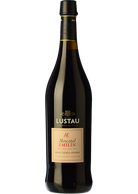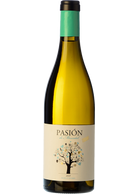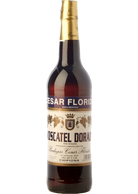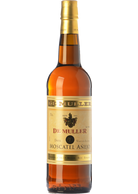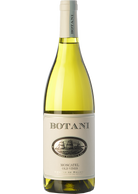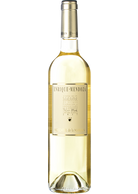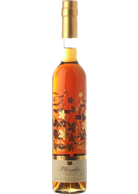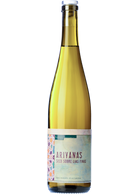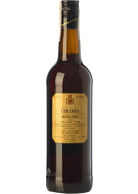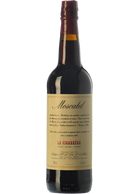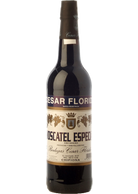Muscat of Alexandria
Muscat of Alexandria, also known as Setubal, Malaga or Roman Muscat, is the result of a cross between the Greek variety Heptakilo and the small-grained Muscat or Muscat Blanc à Petits Grains.
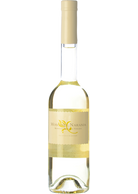

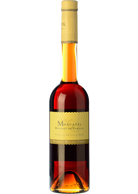
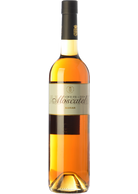
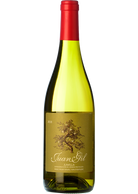


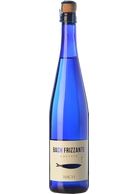
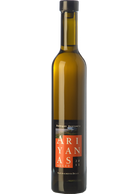
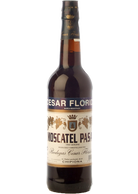
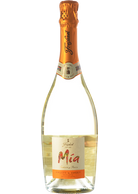
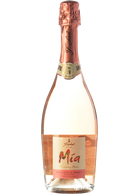
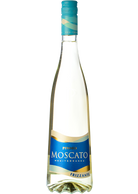
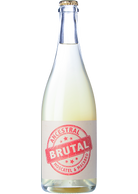
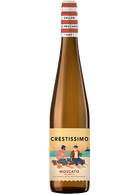
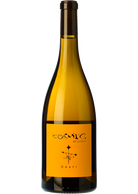
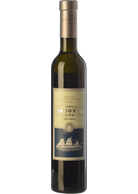
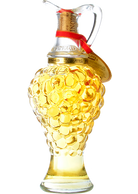
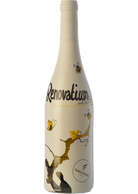
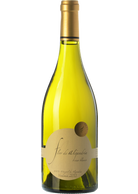
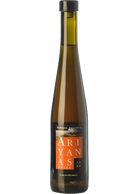

Muscat of Alexandria
Muscat of Alexandria, also known as Setubal, Malaga or Roman Muscat, is the result of a cross between the Greek variety Heptakilo and the small-grained Muscat or Muscat Blanc à Petits Grains.
The name muscatel derives from the Latin word muscum, which means musk, a substance with an intense smell secreted by some cervids and used in the perfumery, while the "surname" of Alexandria refers unequivocally to the city in the north of Egypt.
The berries of Muscat d'Alexandria are larger than those of its predecessor, the Muscat de Frontignan or Muscat Blanc à Petits Grains wines. Its pulp and skin are firmer than those of its predecessor, the Muscat of Frontignan, and both good musts and fantastic sultanas are obtained from it.
Although less prestigious than Frontignan, Muscat of Alexandria is used to make both sweet and dry wines, mistelas and even sparkling wines.
The optimal conditions for its cultivation seem to be near the sea, as evidenced by the beloved Passito di Pantelleria, a sweet wine with more than 2,000 years of history made on the small Italian island west of Sicily that gives it its name. It is also part of the Ribesaltes muscat blend, the classic Malaga muscatel and some of the best Valencian wines.
Muscat of Alexandria is very intense aromatically, but its past as a table grape or in the production of mistelas seems to have tarnished its reputation. Well interpreted, it is a grape capable of making powerful, elegant and floral wines, especially in limestone and siliceous soils.
It is also very useful in combination with other grapes, as a small percentage of Muscat of Alexandria can add a lot of aroma to varieties with a more neutral aromatic profile.
